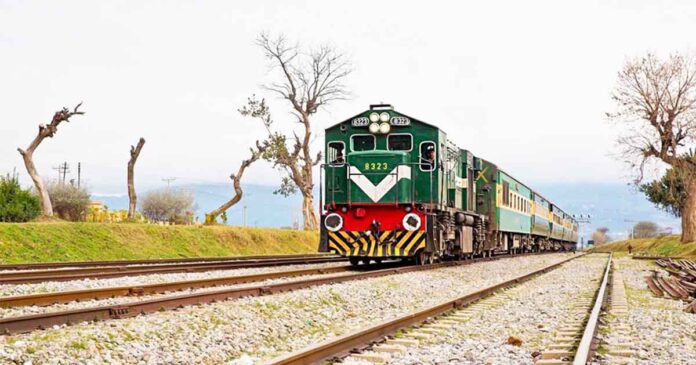ISLAMABAD: Pakistan Railways (PR) has refunded an amount of Rs 380 million to passengers during a period of three years due to late start of trains from the originating station.
“Rs 33 million have been refunded in 2023, Rs 269 million in 2022 and 78 million in 2021 to facilitate the passengers following their complaints regarding undue delay in trains arrival/departure,” an official in the Ministry of Railways told APP.
He said Pakistan Railways is taking several steps to improve the service of the trains and facilitate the passengers and in case of late running of trains, passengers are informed in advance through SMS alerts.
The official said the passengers are granted a full refund if a train starts more than six hours late from the originating station. Besides the passengers are also provided with complimentary meals in the event of emergencies, he added.
He said in case of disruptions, passengers are transported either by alternative railway path or by road service arranged by the department.
To a question, the official said the transportation of goods through Railways is always economical for bulk cargo and long-distance hauls providing economy of scale, whereas for transportation of goods for a shorter distance and small cargo, the road has the advantage over Pakistan Railways due to its doorstep loading and delivery options.
He said the main advantages of rail transportation over road included manifold fuel efficiency and reduction in transportation cost besides ensuring up to 75 percent improvement in the environment.
The official said that rail freight pricing in Pakistan and globally differ significantly due to various factors, including infrastructure, government policies, operational efficiency, and market dynamics.
About some key points highlighting these differences including many countries of the world have separated and dedicated freight corridors, bulk haulage regulations, and large transport capacities, he added.
He said the rail infrastructure in Pakistan is over-aged and needs matching financial support from the government to upgrade its infrastructure.
The countries with modernized rail systems, like the United States, China, and many European nations, benefit from higher efficiency, faster speeds, and better logistics, reducing the overall cost of operations.




